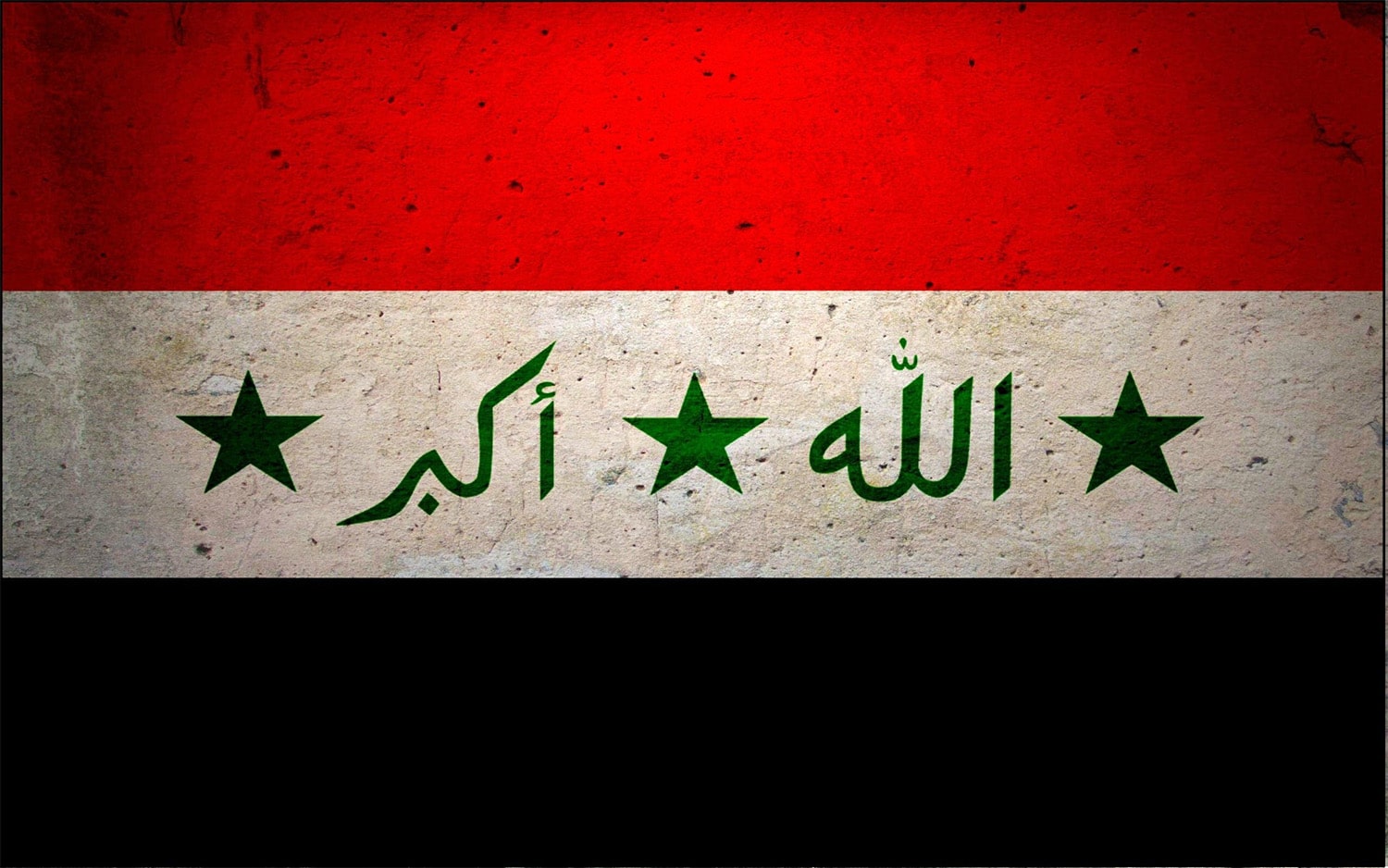
36 interesting facts about Iraq
- 👁️ 449
Iraq, a country with a rich tapestry of history that stretches back to the dawn of civilization, is often referred to as the “cradle of civilization.” This nation, located in the heart of the Middle East, has been a center for cultural and economic exchange for thousands of years. From the ancient Sumerians to the modern era, Iraq has played a crucial role in shaping the course of human history. Its land bears the legacy of the Mesopotamian civilization, which introduced the world to writing, law, and urban life. Here are 37 interesting and informative facts about Iraq that highlight its historical significance, cultural richness, and natural beauty.
- Iraq is known as the cradle of civilization, where the ancient Mesopotamian civilizations of Sumer, Akkad, Babylon, and Assyria flourished.
- The country’s modern name, “Iraq,” is derived from the ancient Sumerian city-state of Uruk.
- The Tigris and Euphrates, two of the Middle East’s most significant rivers, flow through Iraq and were vital to the development of early civilizations.
- Writing was invented in Iraq over 5,000 years ago, with the creation of cuneiform script by the Sumerians.
- The Code of Hammurabi, one of the world’s oldest deciphered writings of significant length, originated in ancient Mesopotamia (modern Iraq).
- The Hanging Gardens of Babylon, one of the Seven Wonders of the Ancient World, are believed to have been built in the ancient city of Babylon, near present-day Hillah.
- Iraq’s capital and largest city, Baghdad, was founded in the 8th century and became a leading center of learning and culture during the Islamic Golden Age.
- The city of Ur, located in southern Iraq, is one of the oldest cities in the world and was once a Sumerian capital.
- Iraq is rich in oil, holding the world’s fifth-largest proven oil reserves.
- The marshlands in southeastern Iraq, thought to be the biblical Garden of Eden, are a UNESCO World Heritage site.
- The Abbasid Caliphate, based in Baghdad, was a major center for scientific, philosophical, and cultural advancements during the medieval period.
- The Great Mosque of Samarra is home to the famous Malwiya Minaret, an iconic spiral tower.
- The city of Mosul, in northern Iraq, is one of the country’s oldest continuously inhabited cities.
- Iraq’s national dish is masgouf, a traditional grilled fish dish that dates back to ancient times.
- The Battle of Karbala, a defining moment in Islamic history, took place in Iraq in the year 680.
- The Iraqi dinar is the currency of Iraq, introduced in 1932.
- Iraq is home to several significant religious sites for Muslims, Christians, and Jews.
- The University of Al-Qadisiyah, founded in the 8th century in Baghdad, is considered one of the oldest universities in the world.
- The Al-Askari Mosque in Samarra is one of the holiest sites in Shia Islam.
- Iraq’s flag features three equal horizontal red, white, and black stripes, with the takbīr (Allahu akbar, “God is [the] greatest”) in green Kufic script.
- Iraq has a diverse climate, ranging from desert in the west and south to cold winters in the north.
- The Iraq Museum in Baghdad contains artifacts from Mesopotamian civilization.
- The Kurdistan region in northern Iraq is known for its autonomous status and scenic landscapes.
- The Lion of Babylon is a black basalt sculpture that symbolizes the city’s ancient might.
- Iraq’s population is ethnically diverse, including Arabs, Kurds, Turkmens, Assyrians, and others.
- The Ishtar Gate, part of the walls of Babylon, was constructed in 575 BCE by order of King Nebuchadnezzar II.
- The city of Erbil, in the Kurdistan region, features an ancient citadel recognized as a UNESCO World Heritage site.
- Iraq participated in the first-ever Olympic Games of the modern era in 1948.
- The Anfal genocide in the late 1980s targeted Kurdish populations in northern Iraq.
- The Marsh Arabs have inhabited the marshlands in southern Iraq for millennia, living in houses made of reeds.
- The Iraq War began in 2003, leading to significant changes in the country’s political and social landscape.
- Iraqi cuisine reflects a blend of influences from neighboring countries, featuring dishes such as kebabs, dolma, and kubba.
- The Euphrates River is the longest river in Iraq, flowing from the Turkish border through Syria and into the Persian Gulf.
- The National Museum of Iraq was looted in 2003, but many artifacts have since been recovered. The Al-Kadhimiya Mosque in Baghdad is an important shrine for Shiite Muslims, dedicated to the seventh Shiite Imam, Musa al-Kadhim.
- The ancient city of Hatra, located in northern Iraq, is a UNESCO World Heritage site known for its blend of Graeco-Roman and Eastern architectural influences.
- Iraq has a significant literary tradition, with poetry being a highly revered art form throughout its history.
Iraq’s history is a testament to human civilization’s endurance, creativity, and the complexities of social and political evolution. From the ancient Mesopotamian civilizations that laid the foundations for modern society to the challenges of the contemporary era, Iraq’s legacy is rich with lessons and insights. Despite facing significant challenges in recent decades, the country remains a place of profound historical importance and cultural vibrancy. The resilience of its people and the enduring significance of its historical sites underscore Iraq’s crucial role in the tapestry of human history. As Iraq continues to navigate the path toward recovery and peace, its past achievements and future potential remind us of the indomitable spirit of human civilization.
Iraq, a country with a rich tapestry of history that stretches back to the dawn of civilization, is often referred to as the “cradle of civilization.” This nation, located in the heart of the Middle East, has been a center for cultural and economic exchange for thousands of years. From…